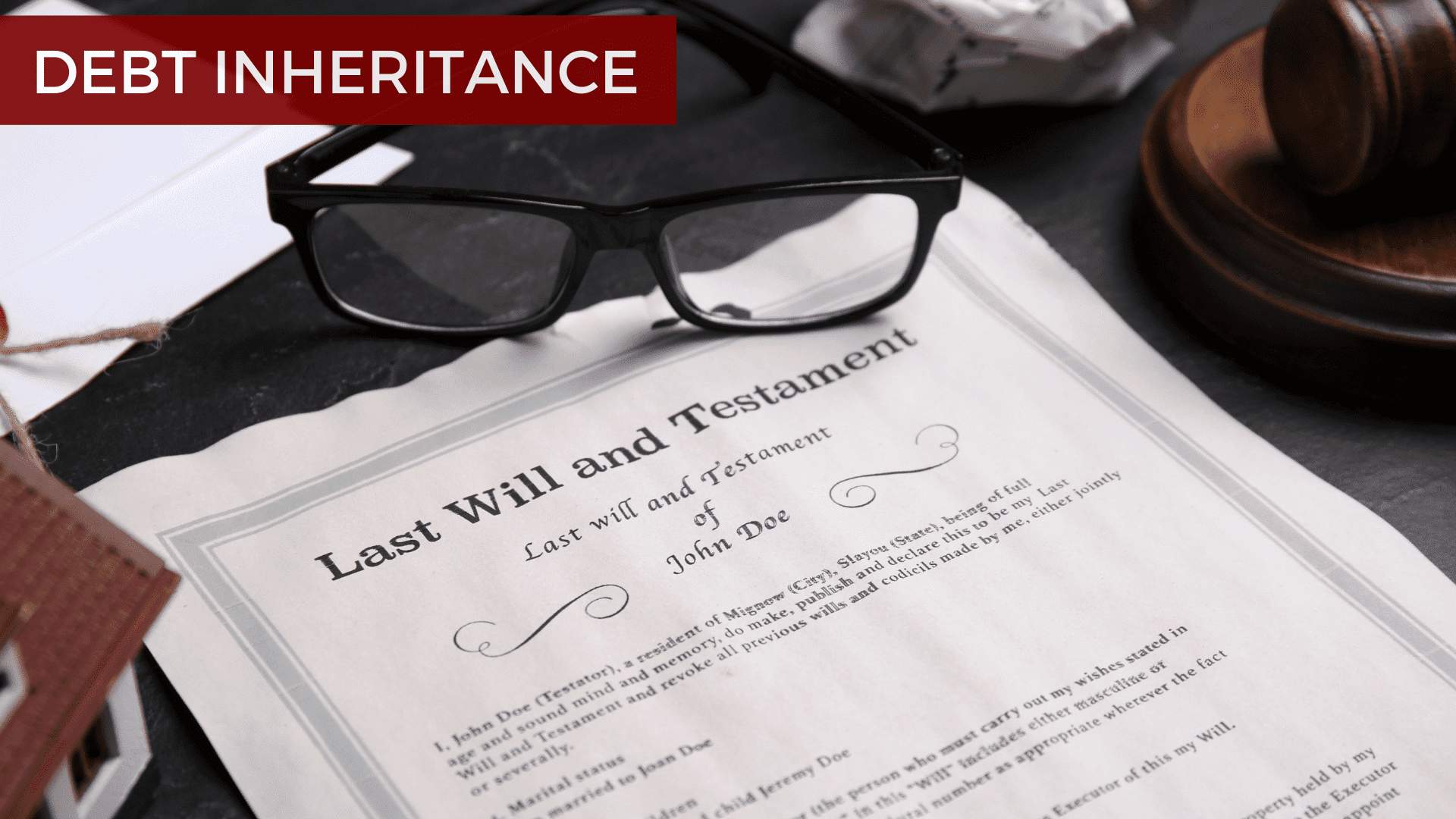Your rights around inheriting debt in Canada can vary depending on several factors, including provincial…

Debt Repayment Options
June 28, 2012
Are You Confused About the Difference Between Various Debt Repayment Options?
Financial hardship can happen to anyone and it is often unexpected. A loss of employment, medical emergency or a change in personal circumstances, such as a divorce, can quickly put somebody behind on their bills. With personal consumer debt becoming an increasing concern for Canadians, Consumer Protection BC (CPBC) has noticed a growing number of new businesses entering the marketplace offering a variety of debt repayment or “debt solution” options.
In parallel, Consumer Protection BC has detected a significant increase in the number of consumer inquiries about companies offering debt repayment services. In particular, we are receiving consumer questions about companies that claim to be able to negotiate a reduced payment to your creditors on your behalf.
The options available to consumers and the terms being used to describe the various debt repayment services can be confusing. That is why, now more than ever, whether it’s called “credit counselling”, “debt repayment”, “debt pooling”, “debt settlement” or by some other name, it is important for consumers to understand the differences between the services on offer. While many of these companies work in the interest of their clients to obtain a fair solution, consumers should always read the fine print and understand what they are agreeing to before entering into a debt repayment plan.
Make an Informed Decision About Your Debt Repayment Options
Many of the consumers who contact us with debt-related questions want to know the difference between debt repayment service options.
Debt Pooling
When you first meet with a debt pooler your finances will be reviewed and a payment program will be developed based on the amount you owe and the amount of income you have left at the end of each month to pay to your creditors. A debt pooler assists you by distributing your debt payments to a minimum of three of your creditors on a monthly basis. Although you may be charged an upfront administration fee, a debt pooler can only assess a further monthly administration fee as a portion of your monthly payments and only then once the payment has been made to the creditor. A debt pooler may try to negotiate a reduction in the interest rate you are paying on your debts, but will generally not try to negotiate a reduced payback amount. The benefit of this type of debt repayment program is that you are paying down your debts.
Another benefit is that by law, debt poolers are required to be licensed in British Columbia. They are also subject to BC consumer law protections. When working with a debt pooler, by law your money must be paid into a trust fund, from which the debt pooler distributes your payments to your creditors. Debt poolers are also required to provide a security before receiving a licence. If a debt pooler goes out of business and has consumers’ money, those consumers can claim on this security.
Credit Counsellors
A credit counsellor will work with you to help you get out of debt while teaching you to better manage your financial affairs. Provided a credit counsellor never handles the debtor’s money, they are not required to be licensed in British Columbia.
Debt Settlement Companies
Debt settlement companies have begun offering their services to British Columbians fairly recently. A debt settlement company may have you pay your money into a separate bank account in your name. You may also be charged an upfront administration fee plus a percentage of the amount of debt you have. Debt settlement companies generally want the entire administration fee and at least some of the percent-of-debt fees paid up front. As a result, during the first part of the program, you may only be making payments towards the debt settlement company’s fees. Once the up-front fees are paid and the debt settlement company feels that you have enough money to offer to a creditor, they may try to negotiate a reduced payment amount on your behalf.
With a debt settlement company, there is no guarantee that the creditor will accept the reduced offer. This means that while you are paying the up-front fees and making payments into your account, your debts are not being paid, resulting in accumulated interest charges, increased debt and a probable negative impact on your credit rating. Furthermore, if the debt settlement company is not successful in negotiating a reduced debt for you, you will still be out the fees you paid to the debt settlement company.
Look for a reputable company offering debt settlement services with no upfront fees and no delayed debt payments or negotiations. Solutions™ Credit Counselling Services, a Federally Registered Canadian Company that is Government licensed and bonded, offers an excellent debt settlement service. For more details see our information on Solutions™ debt settlement.
Questions to Consider
If you are considering a debt repayment option, there are several questions to consider prior to making a commitment:
- Does the company provide debt or credit counselling?
- Does the company attempt to negotiate an interest rate reduction?
- Does the company offer to negotiate reduction in the total debt amount excluding interest?
- Will the company inform you of the amount required to repay the debt at the start of program?
- When are negotiation attempts made with the creditor on your behalf?
- When are fees required to be paid to the company?
- How likely is it that creditors will accept the typical repayment plan proposal?
- When are payments made to the creditor?
- Is there a potential to increase the amount of debt over time during the debt repayment plan?
- Is the company based in British Columbia?
- What is expressly guaranteed to you and what is only indicative or set as an objective?
Additional information is also available at www.debtrightsbc.ca to help consumers make informed decisions around their debt solution options, including the following:
Source: Consumer Protection BC












